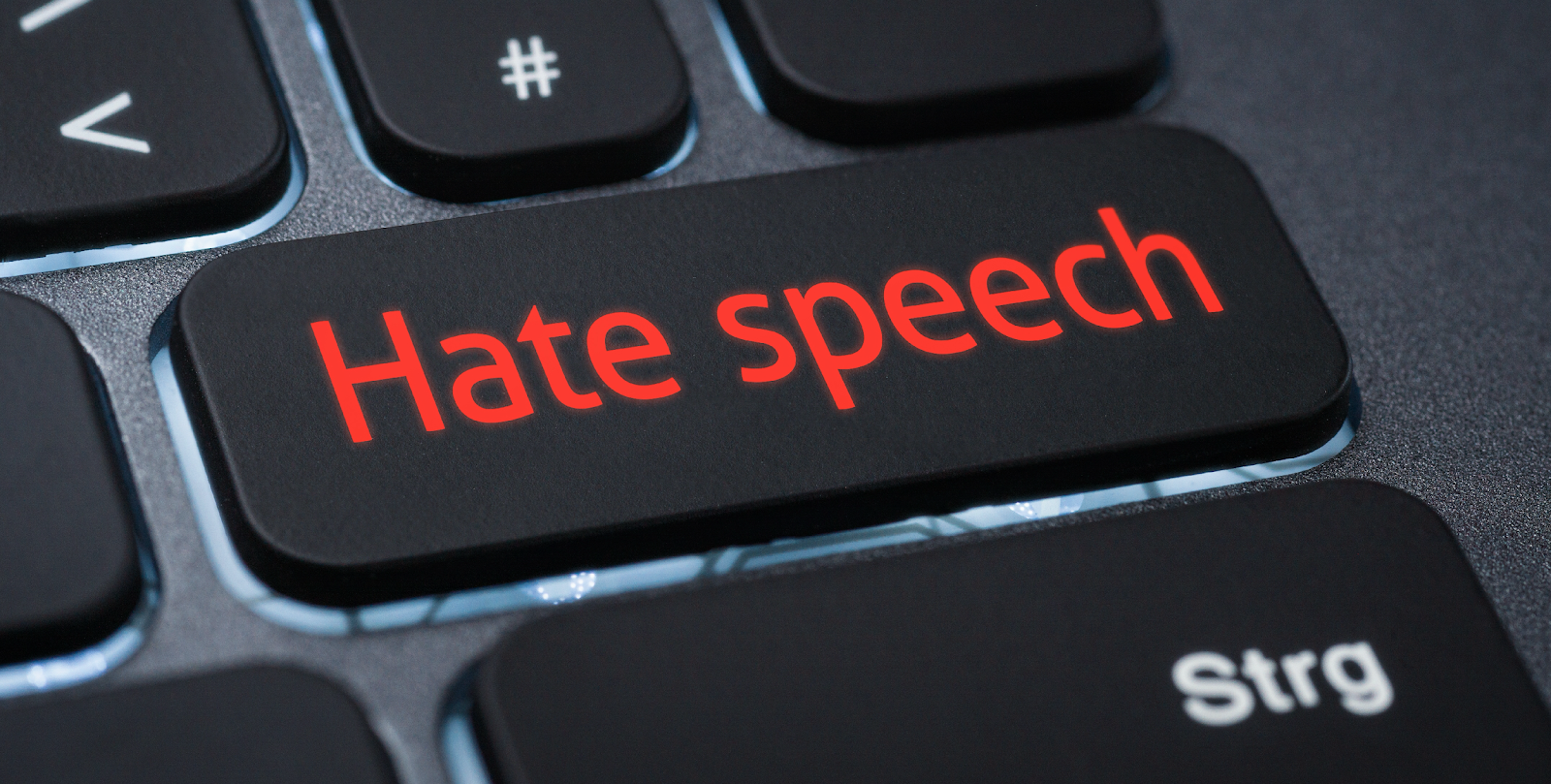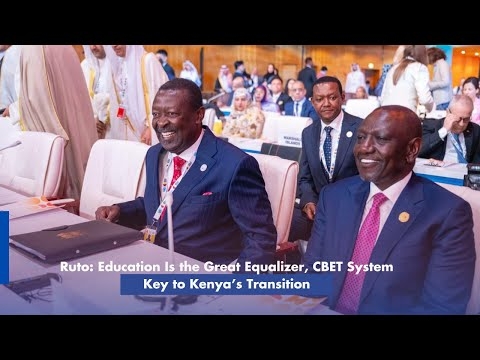

The lawmakers warned the country is at risk of sliding
back to tensions witnessed during the 2007 post-election violence.
They accused the National Cohesion and Integration
Commission (NCIC) of failing to curb the growing wave of online and offline
ethnic incitement, despite its mandate to prevent hate speech and promote
national unity.
Appearing before the Senate National Cohesion and Regional
Integration Committee on Monday, NCIC chief executive Daniel Giti came under
pressure to explain what the agency is doing to address the spike in
hate-driven political rhetoric.
The session followed concerns raised by nominated Senator
Catherine Mumma over unchecked inflammatory statements by senior political
figures.
Unimpressed by the commission’s submission, senators accused
NCIC of “casualness” and threatened to disband it.
“You are too relaxed when the country is clearly in danger.
If you cannot act, your mandate should go to another agency,” Mumma said.
Nominated senators Beth Syengo and Betty Montet said the commission appeared “clueless” about its role and was
exposing the country to a repeat of past violence.
The debate follows remarks by Nyeri Governor Mutahi Kahiga,
who appeared to celebrate the death of former Prime Minister Raila Odinga,
claiming it was “God’s way” of stopping public resources from being channelled
to Nyanza.
The comments sparked national uproar, forcing the governor
to apologise and resign as vice chairperson of the Council of Governors, but not
before triggering a wave of ethnic attacks online.
Giti told the committee that the agency is monitoring traditional and digital media, and conducting training on hate speech detection
and responsible online behaviour.
“The commission has actively monitored social media
platforms to curb hate speech, ethnic contempt and related offences,” he said.
The senators, however, dismissed the response as “vague and
insufficient” and directed NCIC to return with concrete data on investigations,
cases and prosecutions.
Last year, NCIC reported 95 cases of hate speech on social
media, 72 of them on X (formerly Twitter).
The commission has also condemned derogatory ethnic slurs
such as “tugeges,” calling them dehumanising.
NCIC says 2024 has seen a resurgence of inflammatory
political rhetoric, with TikTok, Facebook and X leading in cases of ethnic
incitement.
“Every election cycle, we go through the same situation —
rising hate speech and no consequences,” said nominated Senator Joyce Korir.
“We do not want statements. We want action.”
INSTANT ANALYSIS
Hate speech is any form of communication in speech,
writing, or behaviour that attacks or uses pejorative or discriminatory
language with reference to a person or a group based on their identity
factors such as race, religion, ethnicity, gender, or sexual orientation.
It is a form of extreme intolerance that can lead to discrimination, hostility,
and violence.

















